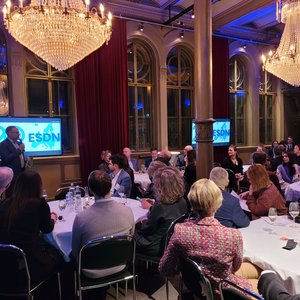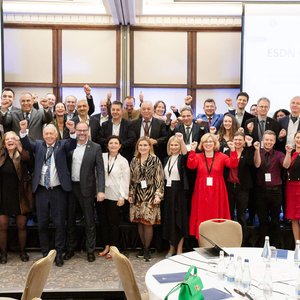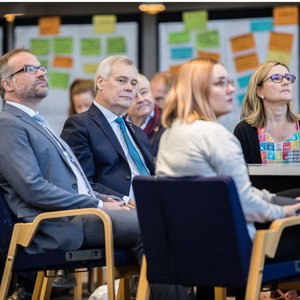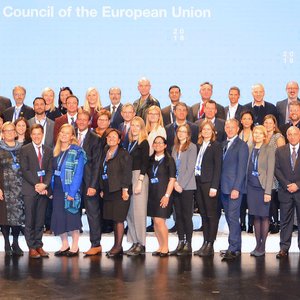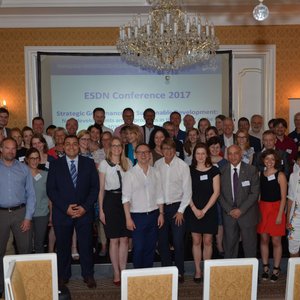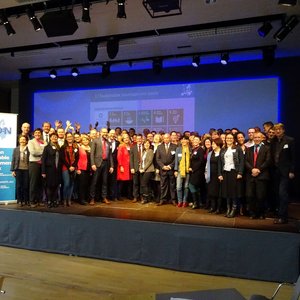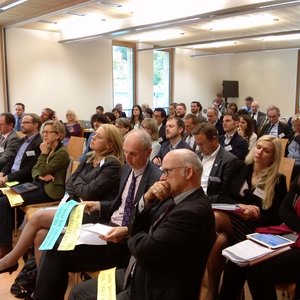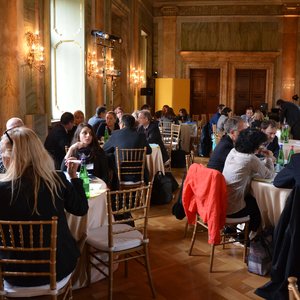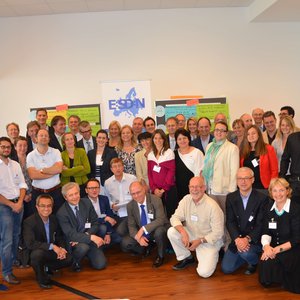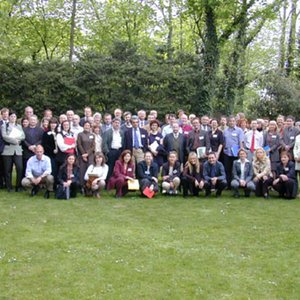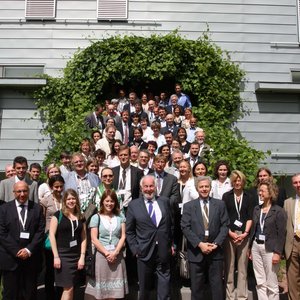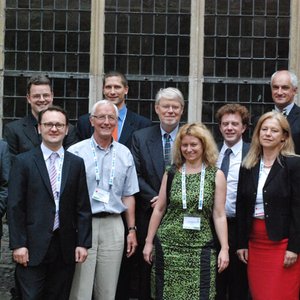ESDN Conference 2012
“Rio+20 and its implications for Sustainable Development Policy at the EU and national level”
Copenhagen 28 - 29 June 2012
The ESDN Conference 2012 took place in Copenhagen, Denmark on 28-29 June 2012 and was organized by the ESDN in cooperation with the Danish EU Presidency.
The ESDN Conference 2012 was entitled “Rio+20 and its implications for Sustainable Development Policy at the EU and national level”. Taking place shortly after the UN Conference on Sustainable Development, the ESDN Conference 2012 provided a platform to reflect on the results of Rio+20 and to discuss their implications on content and SD governance for the different political levels. Moreover, the ESDN Steering Group will, together with the conference participants, develop recommendations for implementing the Rio+20 results in practice.
 Conference AgendaDownload
Conference AgendaDownload
From Rio to Rio+20 –The ongoing challenge of integrating the economic, social and environmental dimensions of sustainable development in Europe
William M. Lafferty: ProSus Perspectives, Norway
Euro/debt crises, growing imbalances and social rupturesin Europe–a critical perspective in the context of sustainable development
Stephan Schulmeister: Austrian Institute of Economic Research (WIFO)
Overview on results of Rio+20 –UN Conference on Sustainable Development: Green Economy, Institutional Framework and renewing commitment for SD, SG Goals
Chris Vanden Bilcke: Head of the UNEP Liaison Office to the EU
Implications of Rio+20 results –perspectives from stakeholder involvement and SD councils
Inge Paulini: Secretary-General, German Advisory Council on Global Change
Implications of Rio+20 results –perspectives from the European Economic and Social Committee (EESC)
Richard Adams: EESC Member and Vice-President of the Sustainable Development Observatory
Eurostat’s Rio+20 Guidebook “Figures for the Future”
Markus Hametner: Vienna University of Economics and Business & Viktoria Bolla: Eurostat
Project update and results: Sustainable consumption in Europe -RESPONDER and CORPUS & their link to the ESDN
&
After Rio+20: Future needs and remaining challenges – Perspectives on SD for the next generations
Alan AtKisson: International Policy Advisor, AtKisson Group Stockholm
Future challenges after the Rio+20 Conference
Ida Auken: Danish Minister for the Environment





